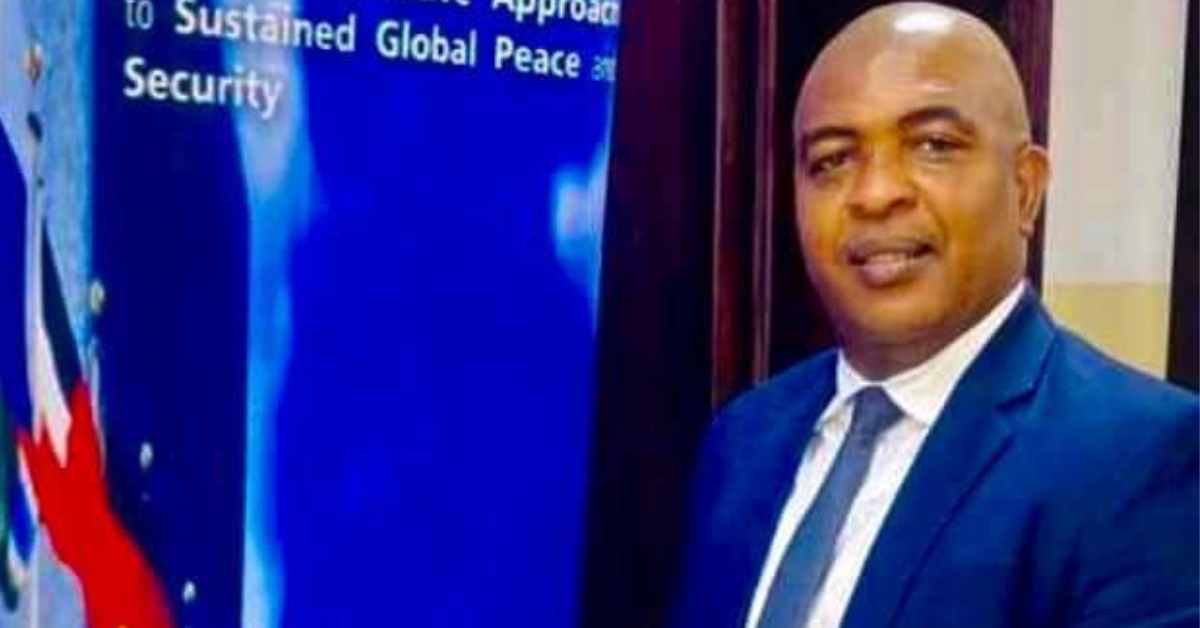Background
History has been made in Ghana. Professor Naana Jane Opoku-Agyemang, a trailblazing academic and a fierce advocate for women’s empowerment, has shattered the glass ceiling to become Ghana’s first female Vice President-elect.
In partnership with President-elect John Dramani Mahama under the National Democratic Congress (NDC), her victory is more than a political milestone—it is a resounding triumph for gender equality and a clarion call for change across Africa.
This watershed moment reverberates far beyond Ghana’s borders, holding profound lessons for Sierra Leone. It challenges us to confront our own political and societal biases and take bold steps toward empowering women as equal partners in shaping our nation’s future.
Breaking the Chains of Patriarchy
Prof. Opoku-Agyemang’s election is a defiant rebuke to the centuries-old patriarchy that has dominated African politics. It sends a clear and dramatic message: women are not just supporters or participants—they are leaders capable of steering nations toward progress.
Sierra Leone must confront its own harsh reality. Our political landscape remains overwhelmingly male, with women often relegated to secondary roles or token appointments. The recently enacted Gender Equality and Women’s Empowerment Act is a step in the right direction, but legislation alone cannot dismantle deep-seated biases. Ghana has shown that courage, vision, and political will are necessary to break the chains of exclusion.
Now is the time for Sierra Leone to take a stand. We must not just echo the call for equality; we must make it a reality.
The Transformative Power of Education
Prof. Opoku-Agyemang’s ascent to power is a testament to the life-changing power of education. From her early days as a student at the University of Cape Coast to becoming the first female Vice-Chancellor of a Ghanaian public university, her story underscores the pivotal role education plays in empowering women to defy the odds and claim their rightful place in leadership.
Sierra Leone’s challenges in this area are glaring. Far too many girls are still denied access to quality education, particularly in rural areas where poverty, child marriage, and societal norms act as barriers to their progress. The success of Prof. Opoku-Agyemang is a stark reminder that investing in girls’ education is not just a moral obligation—it is a strategic necessity for national development.
Sierra Leone must prioritize education for girls, pairing it with mentorship programs that nurture ambition and leadership potential. Prof. Opoku-Agyemang’s journey shows us what is possible when nations invest in their daughters.
Bold Political Choices Yield Big Rewards
The NDC’s decision to nominate Prof. Opoku-Agyemang was not just historic—it was daring. It broke with tradition, challenged societal norms, and demonstrated faith in the power of inclusive leadership. That gamble paid off, delivering a resounding victory and energizing a broad coalition of voters inspired by her leadership.
Sierra Leone’s political parties must heed this lesson. The era of tokenism is over. To remain relevant and credible, our political institutions must go beyond lip service and embrace true diversity in leadership. There are countless capable women in Sierra Leone, from academia to civil society, waiting to be given the platform to lead. The time to act is now.
A Call to Women and Girls Across Africa
Prof. Opoku-Agyemang’s victory is not just a win for Ghana—it is a beacon of hope for women and girls across Africa. It is a declaration that the impossible is within reach and that every barrier, no matter how entrenched, can be dismantled.
In Sierra Leone, this means reimagining what leadership looks like. It means creating a society where girls can dream without limits and where those dreams are met with support, not skepticism. It means recognizing that empowering women is not an act of charity—it is a national imperative that strengthens our democracy, economy, and future.
Conclusion: Sierra Leone’s Moment of Reckoning
Ghana has shown us what is possible when a nation dares to believe in the power of women. Prof. Jane Opoku-Agyemang’s election as the first female Vice President-elect is a thunderous statement of progress, a rejection of the status quo, and a promise of a brighter future.
Sierra Leone stands at a crossroads. We can either continue to be spectators of history or rise to the occasion and write our own. The choice is ours: Will we cling to outdated norms, or will we step boldly into a future where leadership is defined not by gender but by merit and vision?
Ghana has lit the torch. It is up to Sierra Leone to carry the flame. Let us not just celebrate this historic achievement—let us be inspired to act, to empower, and to lead. The future of our nation depends on it.











